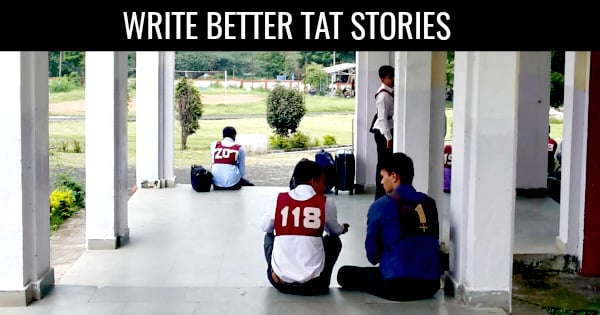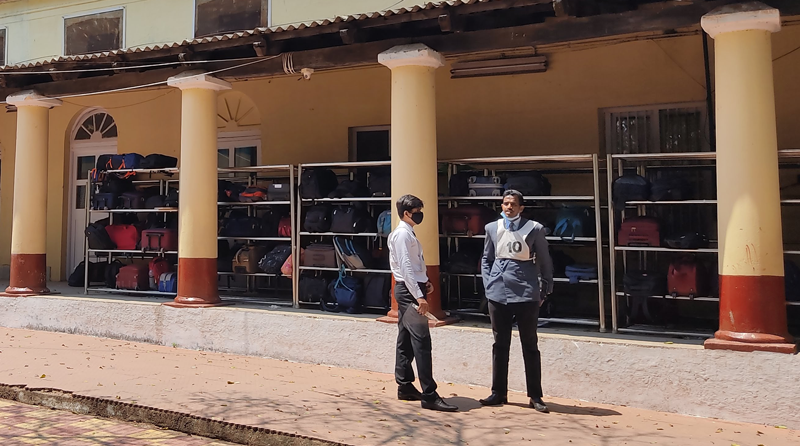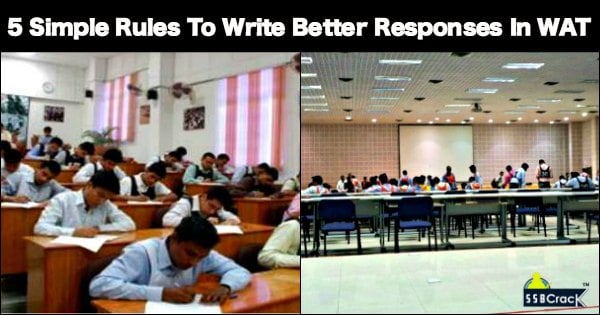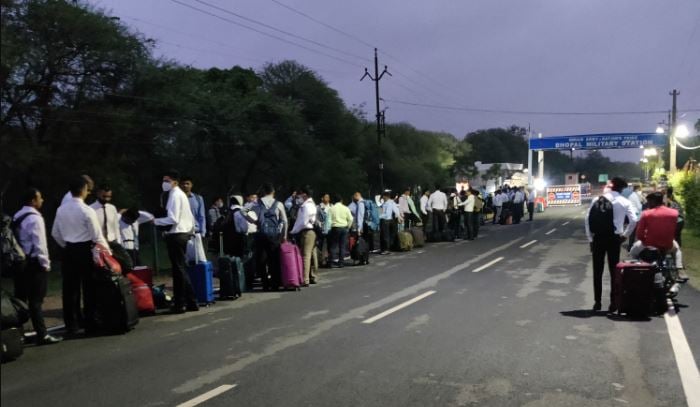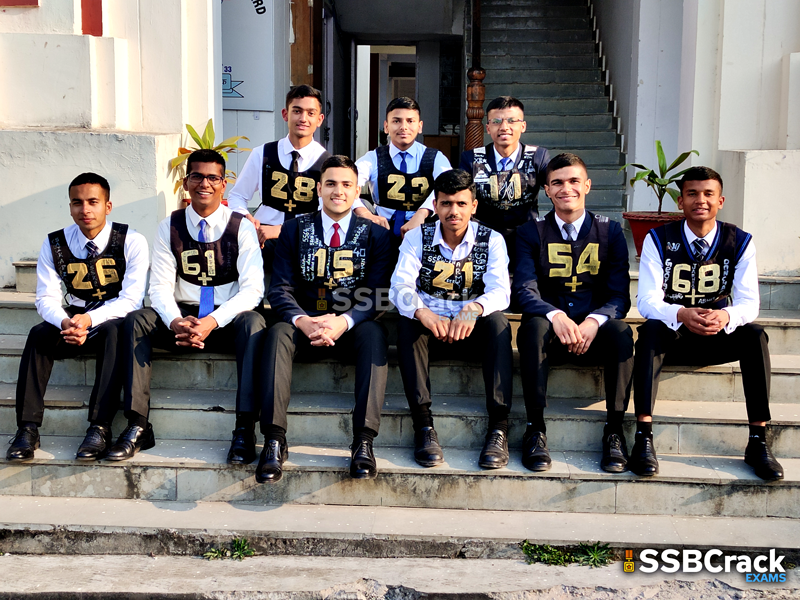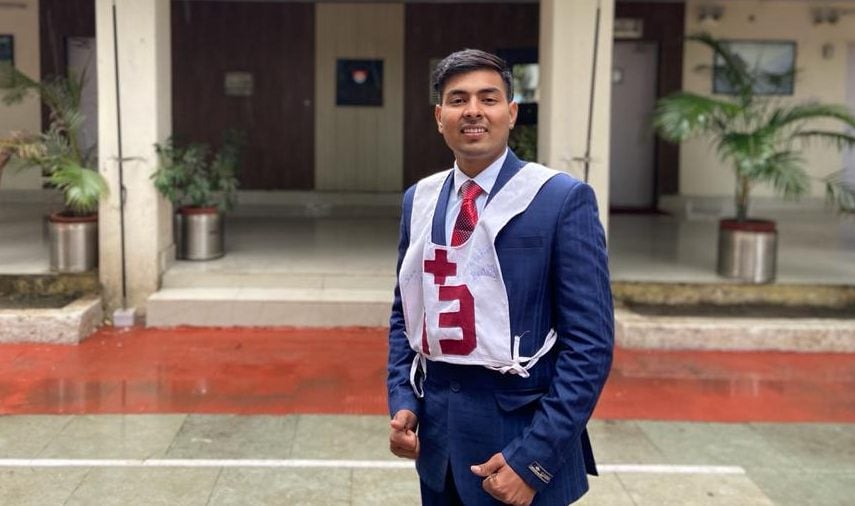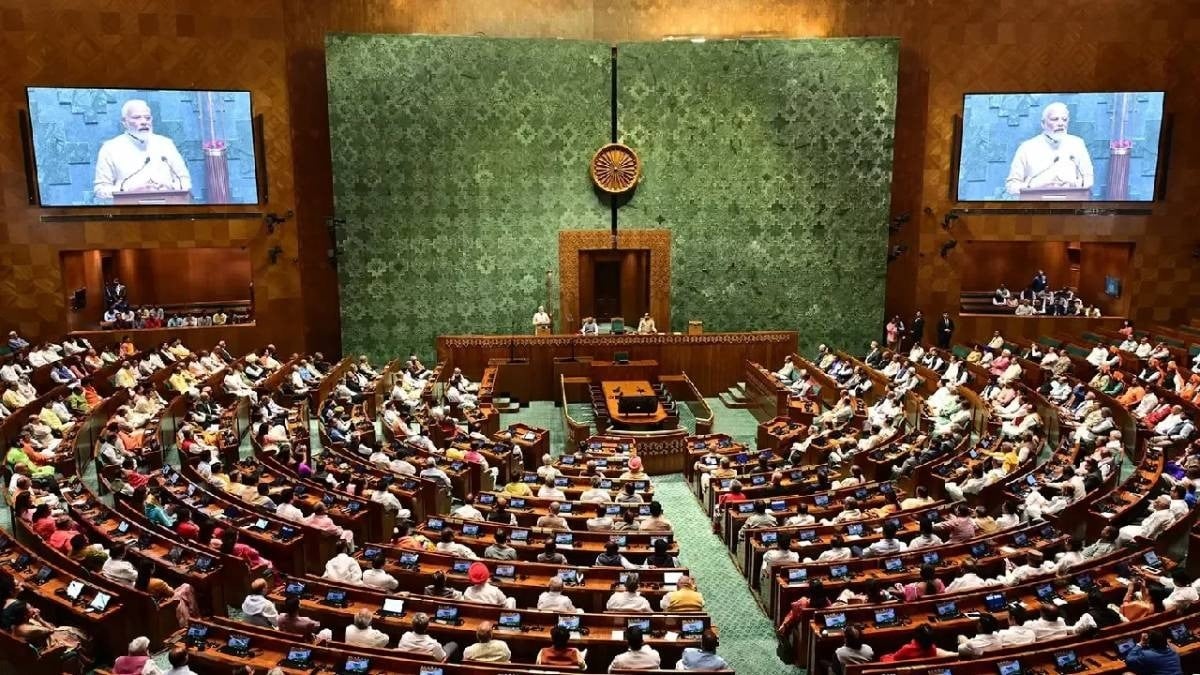The anticipation of an upcoming examination can be both thrilling and nerve-wracking. After putting in significant effort to prepare, it’s crucial to maintain focus and composure when the time comes to showcase your knowledge. Many individuals have faced moments of panic during an exam, often experiencing a blanking of the mind due to stress. This phenomenon underscores how debilitating anxiety can be during critical assessments.
For those participating in the Services Selection Board (SSB) assessments, particularly when it comes to writing Thematic Apperception Test (TAT) stories, the pressure can feel even more intense. However, crafting these stories doesn’t necessitate professional writing skills; rather, it revolves around organizing thoughts and experiences effectively in response to visual stimuli. The key lies in harnessing your personal experiences while translating them into coherent narratives, which can prove challenging given the time constraints and stress of the testing environment.
To help navigate this critical phase and enhance focus, consider implementing the following strategies:
1. Enhance Concentration Through Practice: Devote time daily to improve your focus. This might involve setting aside distractions and immersing yourself in storytelling—whether it’s by visualizing a scene from a book or merely observing your surroundings in a park. Engage in a stream-of-consciousness writing exercise for a short period, allowing your thoughts to flow freely.
2. Simulate the Exam Environment: While it’s impossible to recreate the exact atmosphere of an exam hall, you can mimic aspects of it. Find a quiet space, turn off your phone, use a desk and chair instead of lounging on a bed, and set a timer to match the exam’s duration. Minimizing interactions and external distractions during these simulated sessions can mirror the real experience.
3. Achieve ‘Flow’ State: Psychologists define ‘flow’ as a state of heightened focus where one is fully engaged in the task at hand. Whether you’re writing, playing sports, or immersed in a video game, finding this state can aid in seamless story composition. Seek activities that put you in this mental zone to prepare yourself for the flow you need during the TAT.
4. Understand the Exam Structure: Familiarize yourself with the TAT format and expectations ahead of time. Review the instructions and time constraints to reduce uncertainty, thereby sharpening your focus during the actual test.
5. Prioritize Physical Fitness: Regular exercise is vital for enhancing cognitive functions such as memory and concentration. Engaging in physical activity releases endorphins essential for mental clarity. Incorporating yoga or meditation can further aid in stress relief.
6. Concentrate on Each Story Individually: During the assessment, resist the urge to dwell on previous stories or preoccupy yourself with upcoming ones. Fully dedicate your mental energy to the task at hand, as multitasking can hinder performance.
7. Visualize Your Success: Mental rehearsal can significantly alleviate anxiety and bolster confidence. Imagine yourself successfully composing stories in the exam hall, practicing visualization techniques daily in the lead-up to the test.
8. Track Your Focus Duration: Determine the amount of time you can concentrate continuously, measuring the intervals for which you maintain focus. This self-awareness can help you identify areas for improvement and enhance your performance.
9. Employ Deep Breathing Techniques: Stress often leads to shallow and rapid breathing. Combat this by practicing deep breathing, particularly the “three sighs” technique. Inhale deeply, hold for a moment, then exhale with a sigh. This simple practice can quickly lower anxiety levels and restore calm.
10. Engage in Active Learning: To strengthen your concentration and retention, adopt active learning methods. These can involve paraphrasing newly acquired information, comparing it to existing knowledge, connecting new facts with familiar concepts, and applying what you’ve learned to real-life scenarios.
Utilizing these strategies can position you to excel in both the TAT and any examinations that lie ahead. Remember, focus and mental clarity are crucial assets during high-pressure situations, and preparation is key to achieving your best. Feel free to add any personal insights or suggestions to the discussion for further improvement and learning.
